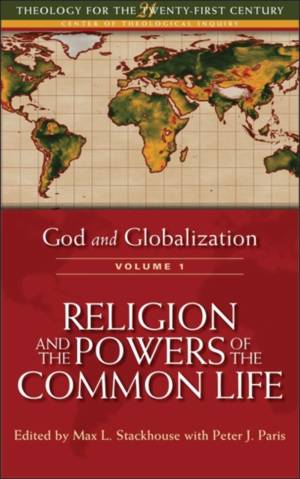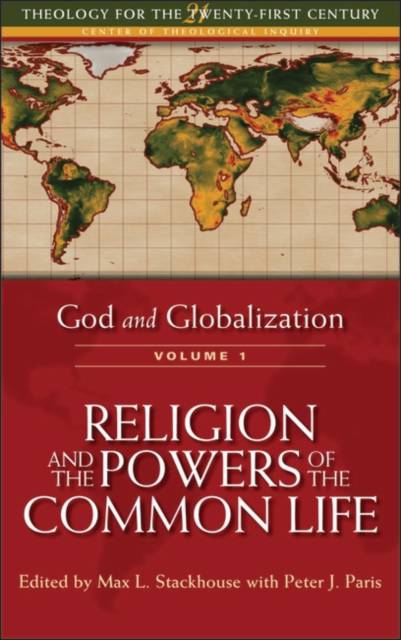
- Afhalen na 1 uur in een winkel met voorraad
- Gratis thuislevering in België vanaf € 30
- Ruim aanbod met 7 miljoen producten
- Afhalen na 1 uur in een winkel met voorraad
- Gratis thuislevering in België vanaf € 30
- Ruim aanbod met 7 miljoen producten
Religion and the Powers of the Common Life
Religion and the Powers of the Common Life
Omschrijving
In the late 20th century, the world has grown increasingly smaller because of advances in technology and the erosion of the nation-state as a political paradigm. The process of globalization-with its promises of a common culture, a common currency, and a common government-offers a new political model for the world that fosters unity and community.
At the same time, however, this process threatens to destroy the values, norms, and ideals that particular cultures have wrought and established and to thereby diminish the power of each culture's unique identity. As globalization occurs, society must decide which values will be normative and what roles that social institutions like religion and education will play in selecting and fostering these values. The contributors to this volume examine both the promise and the threat of globalization using the tools of theological ethics to understand and evaluate the "social contexts of life at the deepest moral and spiritual levels."
Specificaties
Betrokkenen
- Uitgeverij:
Inhoud
- Aantal bladzijden:
- 304
- Taal:
- Engels
- Reeks:
Eigenschappen
- Productcode (EAN):
- 9781563383113
- Verschijningsdatum:
- 1/06/2000
- Uitvoering:
- Hardcover
- Formaat:
- Genaaid
- Afmetingen:
- 140 mm x 216 mm
- Gewicht:
- 535 g

Alleen bij Standaard Boekhandel
Beoordelingen
We publiceren alleen reviews die voldoen aan de voorwaarden voor reviews. Bekijk onze voorwaarden voor reviews.






